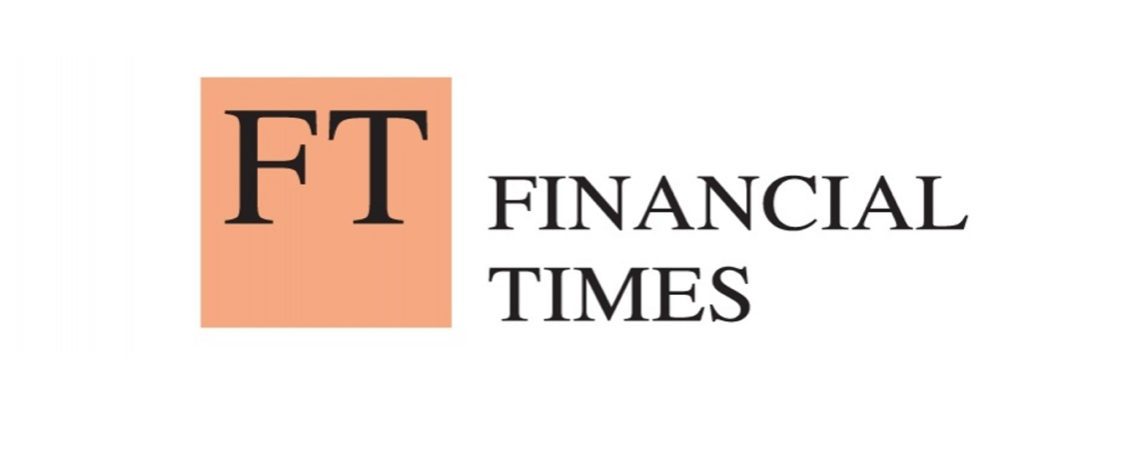Samsung Electronics has begun to use domestically produced etching gas in its chipmaking process in a move to reduce its dependence on Japanese suppliers amid a deepening trade dispute between South Korea and Japan. The move comes as South Korea steps up efforts to localise key technology parts and materials amid concern that Japan’s export restrictions against South Korea could disrupt the global supply chain. South Korea last week proposed a record budget increase of 17.3 per cent for research and development for next year to strengthen the competitiveness of the country’s parts and materials sectors. “We’ve tested the use of hydrogen fluoride made by domestic suppliers and begun to use it in the production process, along with Japanese imports,” said a Samsung executive. Samsung is the world’s largest memory chipmaker, followed by another South Korean company, SK Hynix. The use of local supplies of etching gas comes two months after Japan in July imposed rigid checks on sales of three chemicals crucial to South Korea’s chip and display makers — photoresists, hydrogen fluoride etching gas and fluorinated polyimide. Japan holds a dominant market share for production of the materials.
The tougher checks have raised worries that any curtailment of supplies of the products could cause disruptions throughout the electronics industry and weigh on the South Korean economy because semiconductors are South Korea’s biggest export item, accounting for about 20 per cent of the country’s exports. “We will continue to diversify our sources in case political issues start to affect our supply chain,” said the Samsung executive. South Korea relied on Japan for about 44 per cent of etching gas imports as of May, according to Korea International Trade Association. Japan has approved photoresist shipments to South Korea twice and an etching gas shipment on one occasion since it imposed export controls on those shipments. LG Display, the world’s second-largest display panel producer, has also begun to use locally produced etching gas, according to state-run Yonhap News. SK Hynix has also been testing locally-produced etching gas to replace Japanese products. Last month, South Korea announced a $6.5bn investment plan to ensure a stable supply of 100 items in five years to counter Japan’s removal of South Korea from its “white list” of nations with preferential trade status, heralding a tougher screening process for South Korean companies importing hundreds of items from Japan.
To read the full article: https://www.ft.com/content/389745a6-cf89-11e9-99a4-b5ded7a7fe3f

